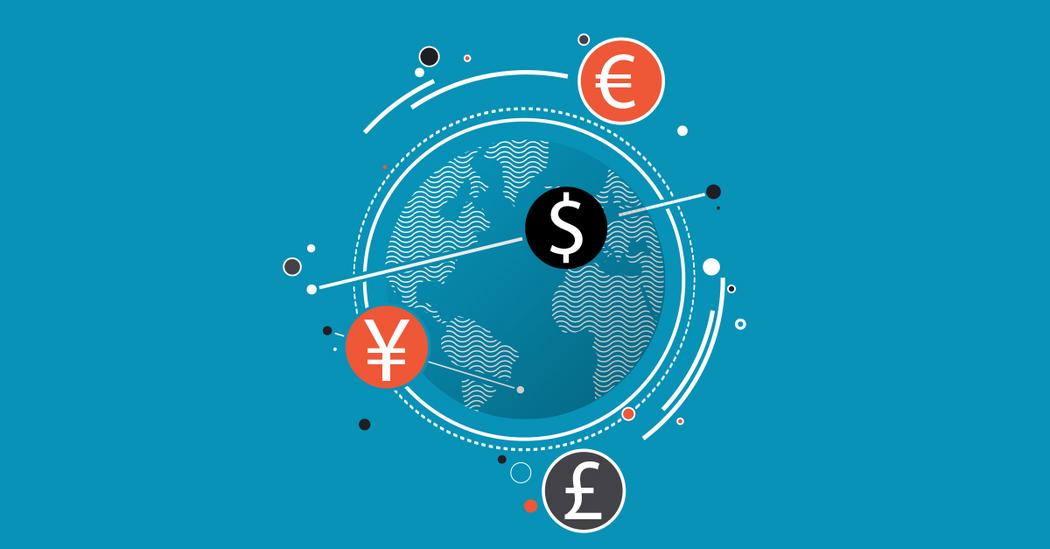Dismal Scientists: An Appeal to the Scientific Method
 |
| Ted.com |
Economics is not a dismal science. It simply is operated by dismal scientists. "High quality" economists who use, and base their conceptions of the economy in Neoclassical terms essentially spit on quality evidence in favor of preserving their "complex" mathematical form of looking at economies that only they accept and understand to be real. All evidence says we are more than homo economicus. All evidence suggests the economy is more than simplified baskets of commodities, trading away on those infernal linear graphs in Cartesian space. Such an approach to economics as a field not only encourages poor public policy choices and economic outcomes, it may also risk our species' life on this planet. Pollution is more than an "externality", and polluters are not behaving "rationally" by polluting at any level; they're behaving selfishly, and in an anti-social and violent manner. There is no "optimum" level of pollution, labor and demand determine economic directions and productivity (not capital and supply), and societies are made up of people behaving in complicated but understandable terms, not an idealized image of an all-maximizing, all-consuming, all-rational human being. The net effect of Neoclassical economics is to impoverish the society, confuse the electorate, and inhibit effective policymaking for people who need to have accurate maps of how the world they're working with is and works.
At the root of Neoclassical economics is a fundamental misunderstanding of reality itself. A field of study cannot be considered a science, or scientific, unless it relies on the principles of falsifiability, as defined by Popper in the 1930's. If hypotheses, theories, and beliefs are falsified by investigation into empirical reality, those hypotheses, theories, and beliefs need to be removed and replaced by alternatives that have better evidence in support of them, and no quality evidence in opposition to them. Economists of the Neoclassical persuasion have been most recalcitrant in accepting the fundamental flaws in their methods and intellectual inputs. Economists of the Neoclassical persuasion are not scientists precisely because they fail to remove opinions, beliefs, frames, and assumptions that can now be accurately tested and refined with evidence and empirical study. Mathematical rigor is not the measure of a scientist or the merits of a theory or hypothesis. That is in the conduct of the scientist in question, and the amount of quality evidence in support of, or against, the hypothesis.
Now does this mean that the social sciences are not scientific, and cannot be studied accurately study their subjects of interest scientifically? To put it simply, no. One can study the relevant topics of the social sciences with accuracy, if they make use of the technologies in research and study that are currently available. What makes a field a science, in this conception, is its ability to infer predictability and accurately describe and interpret reality. Mathematics is helpful for studying reality, and has done a lot to uncover the complex mysteries of this place (especially statistics). However, I do not believe it is the mark of a science or a scientist. Instead, I propose that a science is a field that can accurately explain and show people how facets of a given subject work and can work with conscientiously applied human manipulation. The secret to science's usefulness is in it's ability to make things work, explain how things actually are, and infer how things really work in the reality beyond our brains' desires and machinations.
So don't call a field "not a science" if they do not currently reduce down to mathematics. Judge fields to be sciences based on how well they gather, process, and analyze data from the subject they're working with, and how well they adapt to new findings that change old theories. It wasn't too long ago that the atom was considered the smallest particle in physics, or chemistry was just used to pursue unrealistic ends (like alchemy). What makes a field a science is its ability to accurately explain and describe the subject that is at hand. A scientist is someone who honestly and creatively researches and discovers new knowledge about our world with integrity. If Neoclassical economists do not wish to evolve and adapt to the new techniques and insights into the subject of their field, they are welcome to do so. I just don't believe any of them will leave a lasting impact on the world, or have popular and positive legacies to leave. Sic semper tyranis indeed.
Comments
Post a Comment